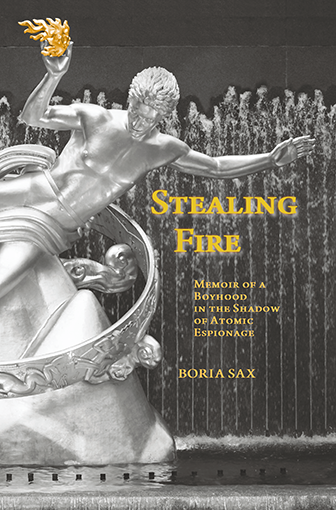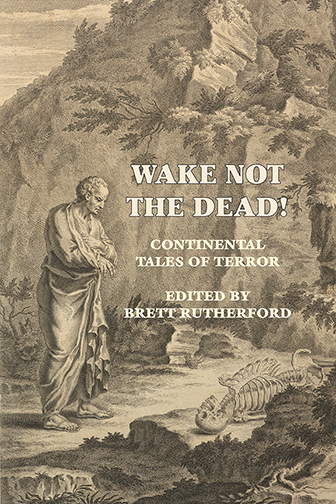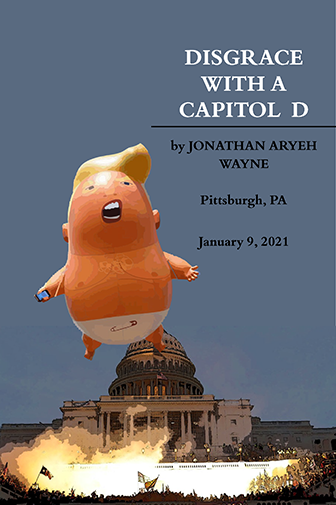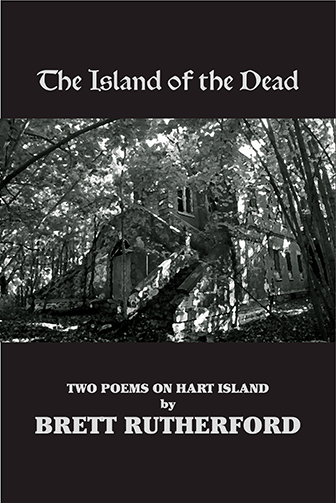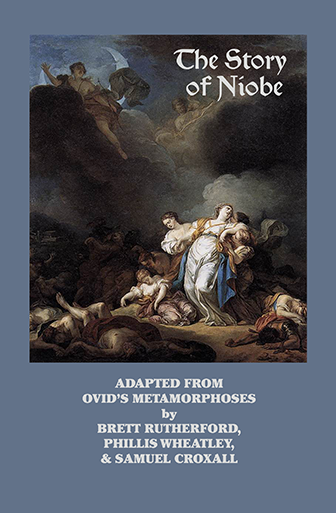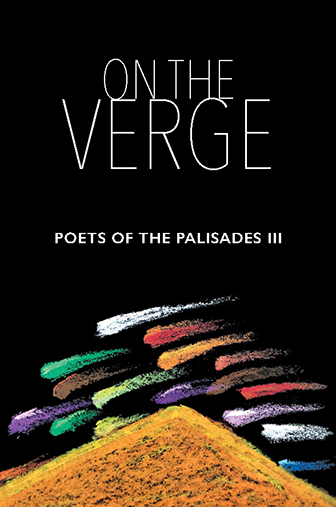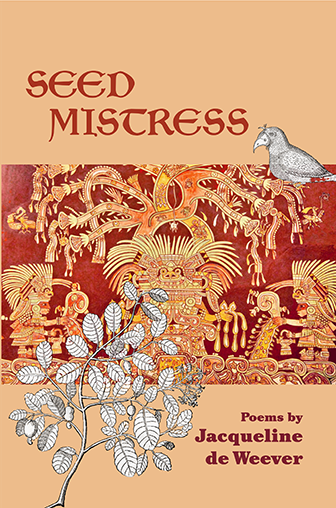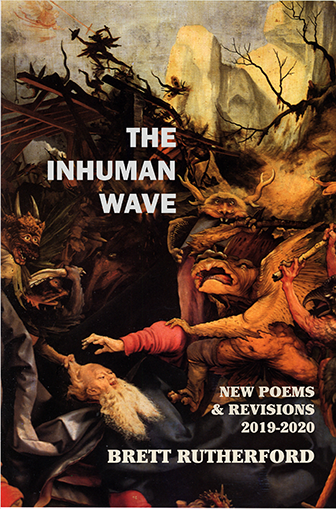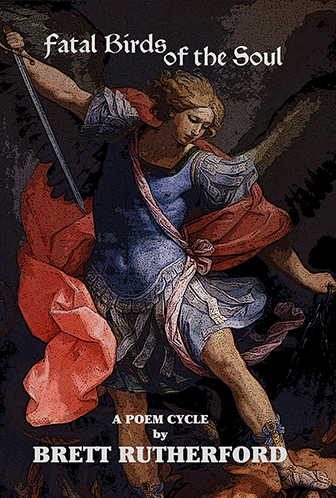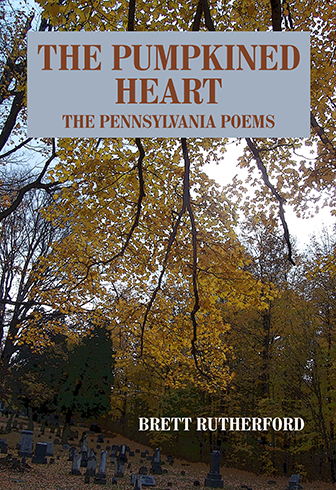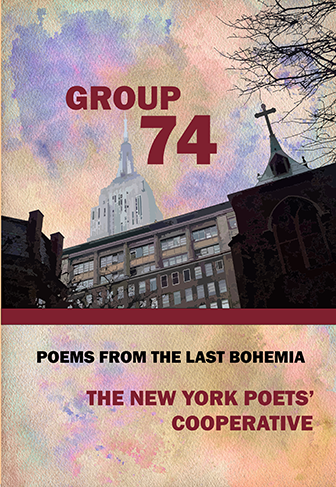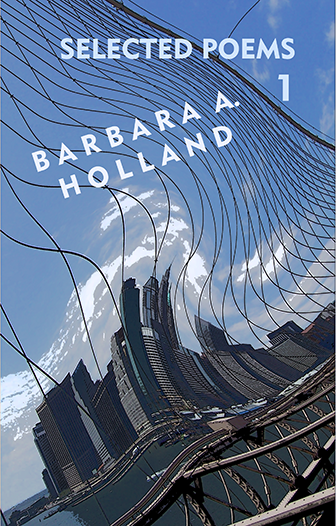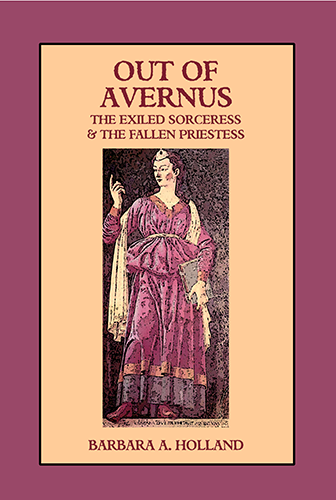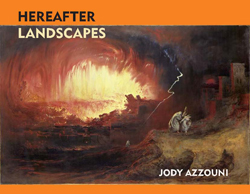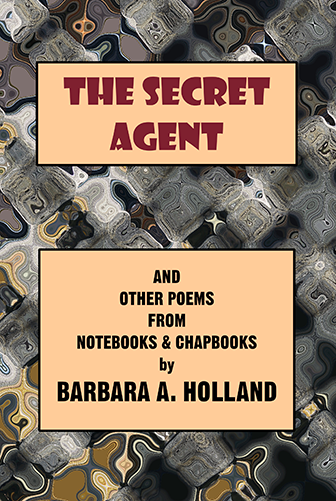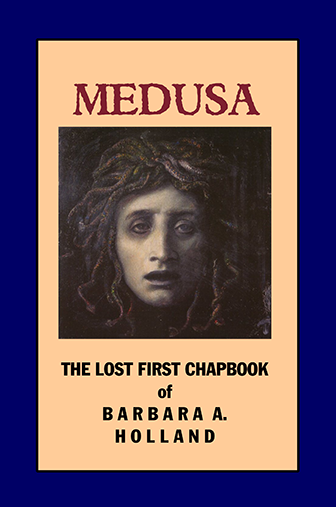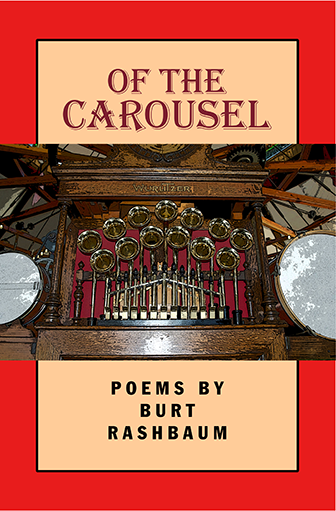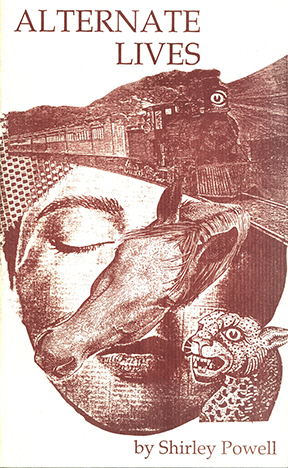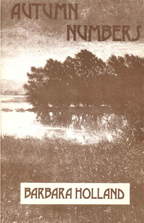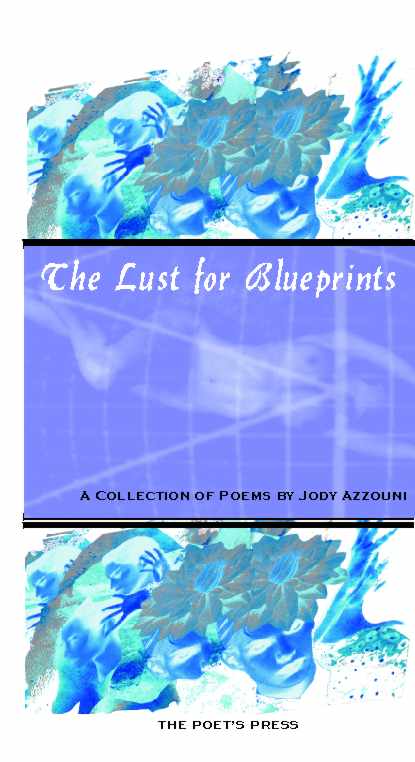History of the Press
Book Listings
Anthologies
- Opus 300
- Wake Not the Dead!
- On the Verge
- Group 74
- Meta-Land
- Beyond the Rift
- Tales of Terror (3 vols)
- Tales of Wonder (2 vols)
- Whispering Worlds
Joel Allegretti
Leonid Andreyev
Mikhail Artsybashev
Jody Azzouni
Moira Bailis
Callimachus
Robert Carothers
Samuel Croxall
Richard Davidson
Claudia Dikinis
Arthur Erbe
Erckmann-Chatrian
Michael Frachioni
Emilie Glen
Emily Greco
Annette Hayn
Heinrich Heine
Barbara A. Holland
- The Holland Reader
- After Hours in Bohemia
- Selected Poems 1
- Selected Poems 2
- Shipping on the Styx
- Out of Avernus
- The Beckoning Eye
- The Secret Agent
- Medusa
- Crises of Rejuvenation
- Autumn Numbers
- Holland Collected Poems
- In the Shadows
Victor Hugo
Thomas D. Jones
Michael Katz
Li Yu
Richard Lyman
Meleager
D.H. Melhem
David Messineo
Th. Metzger
J Rutherford Moss
Denise La Neve
Ovid
John Burnett Payne
Edgar Allan Poe
Suzanne Post
Shirley Powell
Burt Rashbaum
Ernst Raupach
Susanna Rich
Brett Rutherford
- New and Recent Poems
- Goodman's Croft
- From Hecla
- Big House, Rent Cheap
- Island of the Dead
- Story of Niobe
- The Inhuman Wave
- Fatal Birds
- Pumpkined Heart
- Doll Without A Face
- Crackers At Midnight
- Anniversarius
- Gods As They Are, 2nd ed.
- Prometheus on Fifth Ave
- Things Seen in Graveyards
- Prometheus Chained
- Dr Jones & Other Terrors
- Trilobite Love Song
- Expectation of Presences
- Whippoorwill Road
- Poems from Providence
- Twilight of the Dictators
- Night Gaunts
- Wake Not the Dead!
- Pity the Dragon
- It Has Found You
- Autumn Symphony
- By Night and Lamp
- September Sarabande
- Midnight Benefit St.
Boria Sax
Charles Sorley
Vincent Spina
Ludwig Tieck
Pieter Vanderbeck
Jack Veasey
Don Washburn
Jonathan Aryeh Wayne
Jacqueline de Weever
Phillis Wheatley
Sarah Helen Whitman
Section Links
Featured Poets
- Joel Allegretti
- Jody Azzouni
- Boruk Glasgow
- Emilie Glen
- Annette Hayn
- Barbara A. Holland
- Donald Lev
- D.H. Melhem
- Shirley Powell
- Brett Rutherford
- Jack Veasey
- Don Washburn
- Poe & Mrs. Whitman



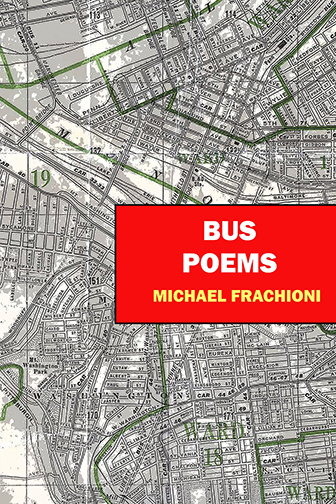
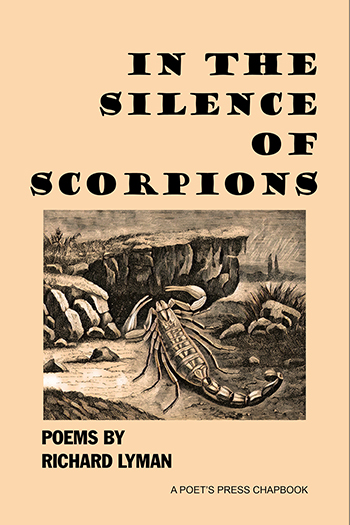

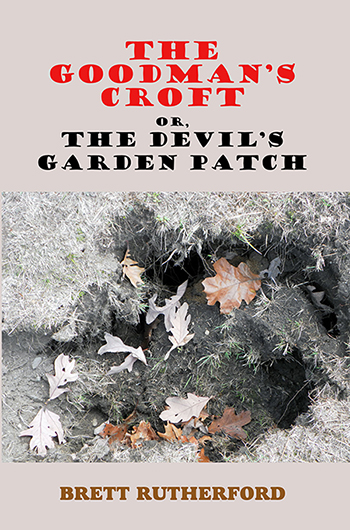
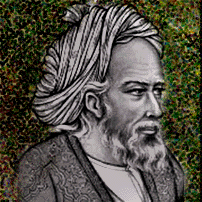


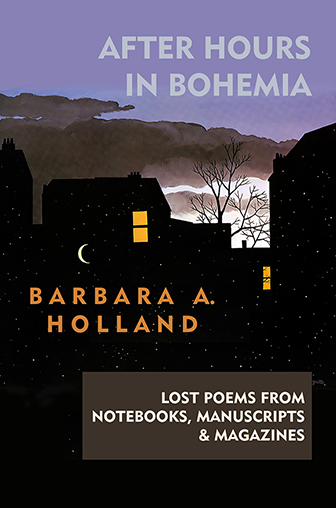
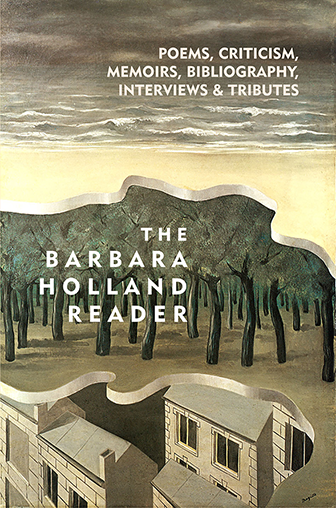
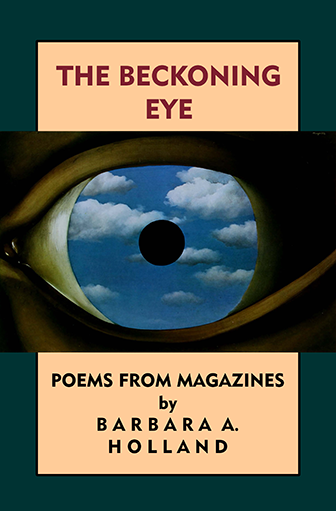
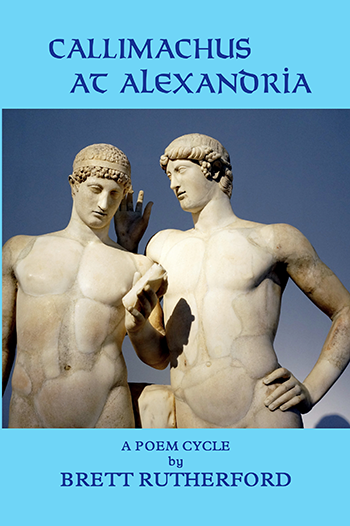

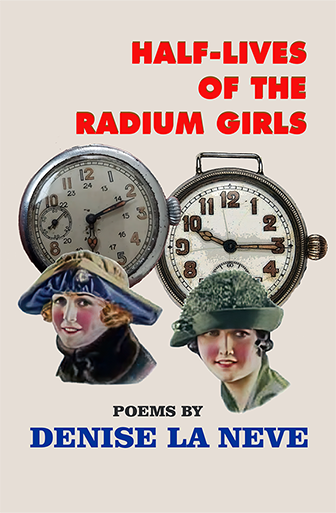
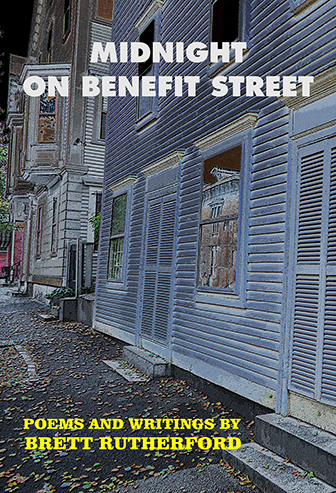

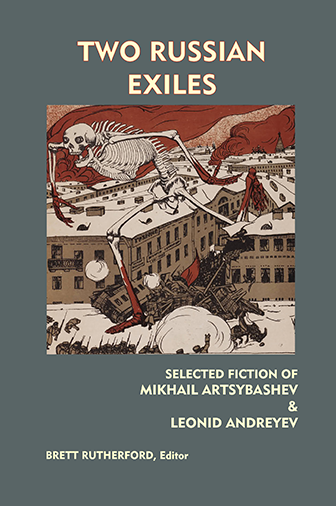
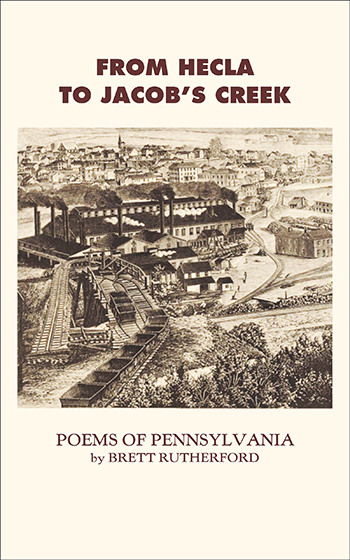
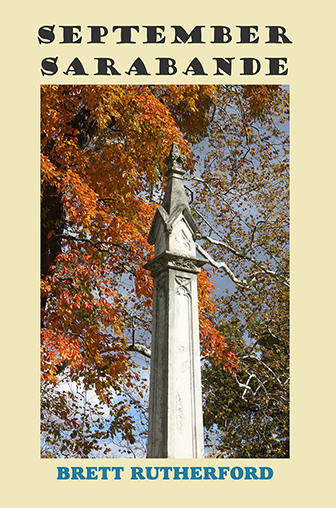







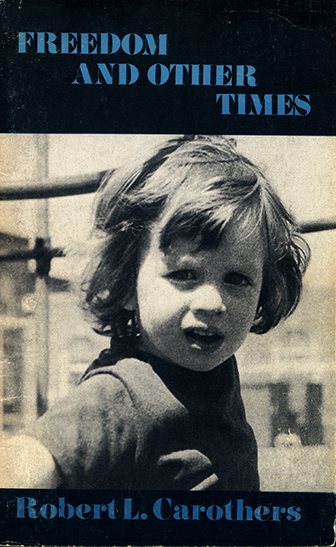
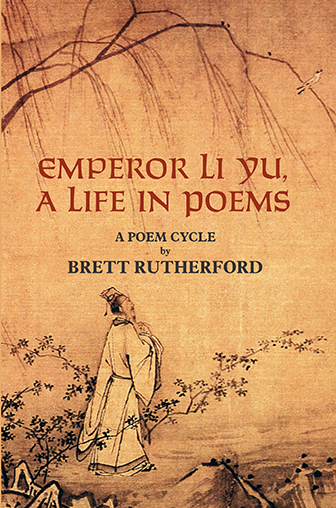
.png)
